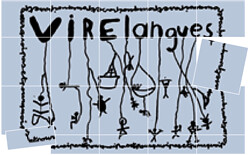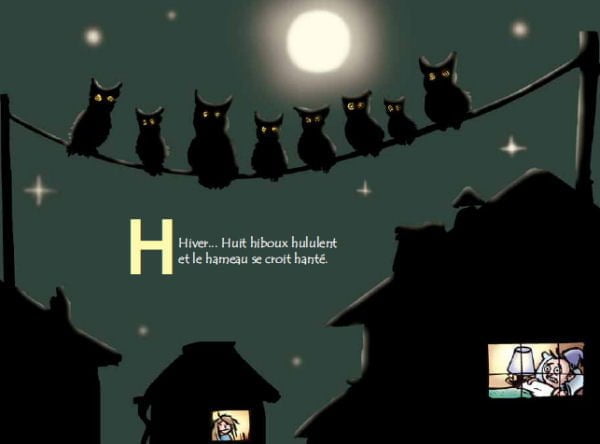Twisting your tongue – French virelangues
I love tongue twisters. It’s no secret that I’m a language dork, and the ludique nature of tongue twisters makes them particularly appealing.
My favourite rainy day activity for French classes is to have students try to pronounce French virelangues. It’s fun and amusing and somehow better than studying the subjunctive tense or indefinite demonstrative pronouns.
Indeed, tongue twisters are an amazing way to practice French pronunciation, even if you feel a little silly. A good tongue twister uses alliteration, rhyme, homophones, or alternating sounds designed specifically to trip up the tongue. Some use humour and some are just funny in their own right. A lot of French tongue twisters rely on homophones to make oral jokes, such as:
Mon père est maire, mon frère est masseur.
In this example, the written phrase tells us that my father is the mayor and my brother is a masseuse, but when said aloud it makes an entirely different statement!
This tongue twister is also humorous and quite clever, combining homophones and spelling in a very witty way:
Santé n’est pas sans t, mais maladie est sans t.
Some virelangues rely almost exclusively on homophones, and the result is often amusing. And difficult.
Les vers verts levèrent le verre vert vers le ver vert.
Si six scies scient six cyprès, six cents six scies scient six cent six cyprès.

Des blancs pains, des bancs peints, des bains pleins
Try your hand- or well, your tongue- at the rest of these fun French fourchelangues. And remember, poisson sans boisson, c’est poison!
Les chaussettes de l’archiduchesse sont-elles sèches? Ou archi-sèches.
Combien coûtent ces six saucissons-ci? Ces six saucissons-ci sont à six sous.
Tata, ta tarte tatin tenta Tonton, Tonton tâta ta tarte tatin, Tata.
Didon dîna, dit-on, du dos d’une dinde, don d’un don du Doubs, à qui Didon a dit: Donne, donc, don, du dos d’une dinde.
Un taxi attaque six taxis.
Chouette chaussures!
Image Credits:Pauvre petit pêcheur, prend patience pour pouvoir prendre plusieurs petits poissons.
Je cherche Serge.
Pruneau cuit, pruneau cru.
Cinq chiens chassent six chats.
Lulu lit la lettre lue à Lili et Lola alla à Lille où Lala lie le lilas.
Je veux et j’exige d’exquises excuses.
1. Qui crut croquer une crevette crue ? by Laetitia Devillars, via L’internaute
2. Virelangues et autre jeu de mots, via Gilbert Salem – Le Blog
3. Virelangues, via Information Jeunesse Borgogne
4. Tongue Tanglers, by Paloetic on Flickr
5. Les Virelangues dans l’alphabet, via Grafouniages








Fantastic! As a 60 year old beginner in learning to speak french (or any foreign language) I knew I would be punching above my weight when I clicked on this but I love it. I am a bit of a geek when it comes to the English language and given half a chance if I ever progress in French I think it will be because of articles like this.